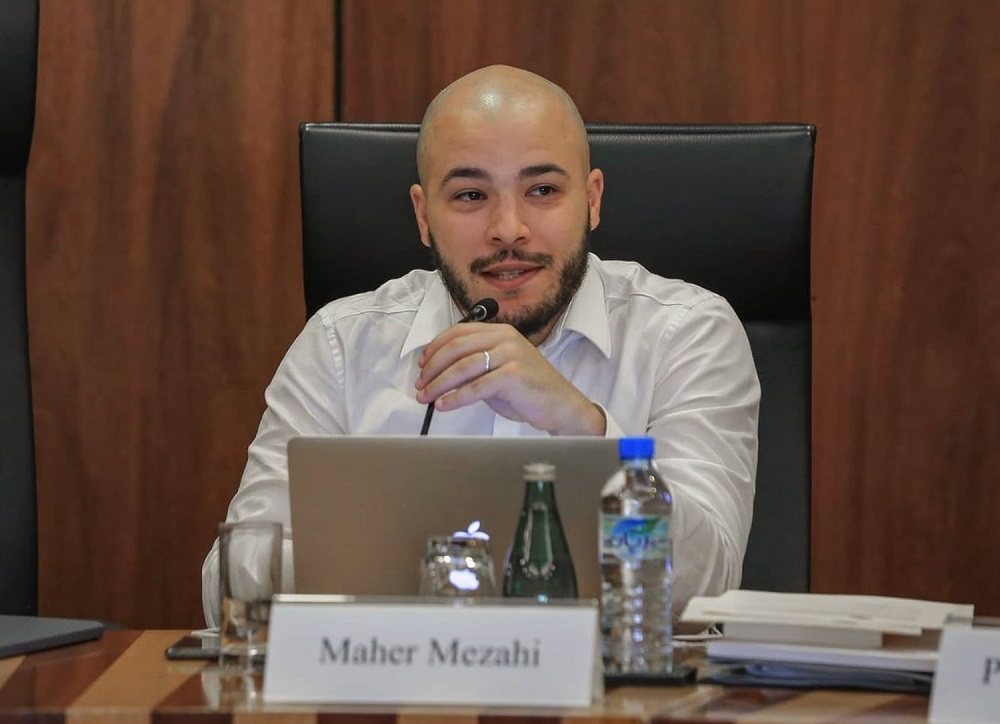By Neel Shelat.
During the Algerian War of Independence in 1958, a number of professional footballers playing for French clubs and part of the World Cup-going French national team fold gave up their positions to create the FLN football team, representing Algeria’s National Liberation Front (FLN) in their struggle against French rule.
Despite not being recognised by FIFA, they visited a host of countries around the world to play friendly matches, effectively serving as Algerian ambassadors campaigning in favour of the independence movement.
Such stories of the role of football and sport in politics and society are not uncommon, but what stands out about this story is that it is set in Africa. Although football is known as the ‘global game’ with every nation in the world having a recognised senior national team (except the Marshall Islands, who are working on building one), coverage of the sport is incredibly Eurocentric.
The ‘Big Five’ leagues are all based in Western European countries, which attract almost all of the world’s best players and coaches as well as most of the media and fan attention. Consequently, most popular stories and well-known historical events relevant to football just so happen to be set in Europe.
“That’s a massive story. It’s so interesting; I think it’s one of the more underrated stories in world football,” says Maher Mezahi, an independent African football journalist, who has written for some of the most reputed outlets around the world such as the BBC, Al Jazeera and Athletic, and has appeared on various podcasts and at conferences to discuss such stories.
“Honestly, they’re on the entire continent… Recently I’ve started to look into the history of the AFCON…” says Maher. The Africa Cup of Nations (AFCON) is the premier football tournament in the continent, bringing together the best national teams biennially.
Its founding in 1956, at a time of intense political pressure in the continent that saw only three teams participate, was a symbol of resilience and determination according to Maher, who believes these themes are still relevant today in the postcolonial world.
“It’s like, this is our tournament, it means so much to the African continent – we need to have it,” says Maher, whose love of the tournament, in particular, becomes quite clear through his words.
“We don’t care what you think. We know it’s not the best tournament, we know the pitches are not the greatest, we know the facilities aren’t [the best] – we’re going to have this tournament. That’s one thing that I’ve found from the very first edition until now.”
There is much more to covering African football and AFCONs for Maher than just the on-pitch action. “The fact that we have AFCONs in different countries every time, the fact that I get to travel somewhere every two years and learn about a country, learn about their music, their food, their people, the different ethnicities and tribes that live there and the history of the place… that’s gold for me, that’s almost more important than the football itself.”
Indeed, Maher acknowledges that his coverage of African football is partly linked with the opportunity it offers him to connect to his roots. Growing up in Canada he only visited Algeria briefly on vacations throughout his childhood, but after he started covering African football, he had the chance to stay there for an extended period of time for his tournament coverage in 2015.
“I remember going there and loving it,” he says. “And the fact that I loved it and that I was learning so much definitely had a strong pull on me moving there just a few months later.”
Maher also closely follows the regular league action across the continent besides just major tournaments. He recognises that it is a thankless task at times, stating, “One thing that I quickly realised was that no global media outlet cares if MC Alger beats USM Alger in the Algerian league on the second matchday – they just don’t.”
Still, he enjoys following these competitions, “It’s like kind of like working for free, right? Part of me does it because I’m genuinely interested in watching these leagues and these matches because I’m learning a lot about the African game.”
Additionally, he also recognises that following such action leaves him better-equipped for major tournaments with greater knowledge about the teams and players than most other journalists who are simply parachuted in.
Craig LaMay, associate professor of journalism at Northwestern University’s Medill School of Journalism, acknowledged the importance of Maher’s work in a broader context that extends beyond just sports, saying, “One of the things that’s super interesting about the world he covers is the intersection of politics in football. Sports people especially like to say that politics and sports don’t mix – well, they’ve always mixed.” He also highlighted storytelling qualities, “The stories he tells – there’s not anything quite like it.”
Having comfortably established himself as the leading English-speaking voice covering African football, Maher is far from done yet. His love of AFCONs, which he jokes are what he lives for, is part of the reason, but he also feels that the stories he finds interesting will be interesting to many others all over the world.
He has just started hosting the African Five-a-side podcast, in which he extensively covers the past and present of football across Africa and uses it as a lens to view wider topics in the continent’s history.
“You can find these stories everywhere. That’s what people, I think, really love – they realise that football brings out the same emotions out of us whether it’s in the tropical jungle in Gabon, the lower leagues below the Premier League, Indonesia, Kolkata or wherever you go… There are so many stories to tell.”


COMMENTS